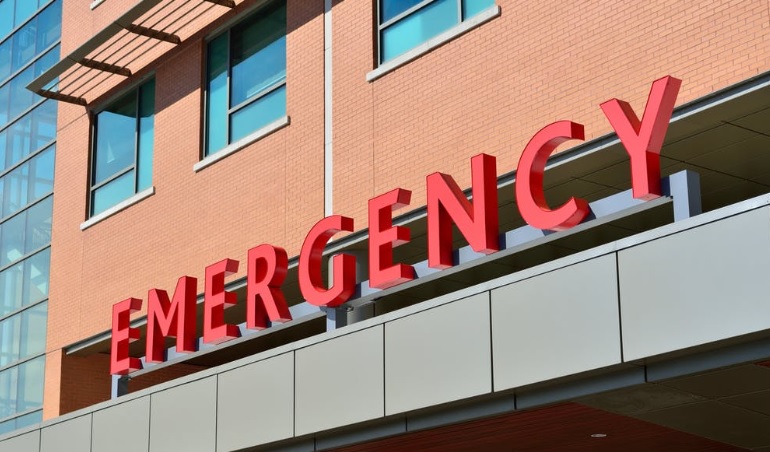Why You Should Learn CPR Right Now
Imagine you are walking down the street and somebody beside you suddenly collapses due to a heart attack. With no one else in the vicinity, you may be the only person who can help, and you have to think quickly to save that person’s life. But with no knowledge of cardiopulmonary resuscitation (CPR), how can you do this? You might call emergency services, but you cannot just wait and do nothing. In this post, we’ll detail why it is important to learn CPR now more than ever.

CPR Can Save Lives
A person suffering from cardiac arrest has a reduced chance of survival when not given CPR. Sadly, as many as 300,000 people in the U.S. suffer from cardiac arrests, with many of these people not being given CPR. During one of these events, a person can collapse, lose consciousness, and cease breathing. When this happens, the heart cannot effectively pump blood to the heart. The brain will stop functioning 4 to 6 minutes after the heart stops pumping, which is why it is crucial to restart the heart, as the chance of survival doubles when CPR is administered within the first two minutes.
CPR Awareness is a Must
While most cardiac arrests happen outside a hospital setting, only a handful of them receive bystander CPR. This is why there’s a need for your preparedness and awareness when addressing cardiac emergencies. Often, people will panic and refrain from performing any CPR. They feel like they may cause further harm to the victim or themselves, or receive legal repercussions if they administer it incorrectly. These fears can be easily addressed once people have adequate background and training in CPR from reliable providers like Lifesaver Education.
CPR is Possible Without Mouth-to-Mouth
Another reason bystanders refrain from performing CPR is that they don’t like to perform mouth-to-mouth resuscitation. This is understandable, as this process can be difficult for strangers, and there could be risk of infection. However, CPR is much more than mouth-to-mouth. In fact, what’s more important is to provide chest compressions.
CPR is as Simple as Your ABCs
CPR may be a medical procedure, but it is not too technical or complicated to learn. All you have to do is remember is “ABC”. That is, check the Airway and Breathing, and do Compressions. Compressions are the most crucial part. To do this, you need to locate the area of the chest where you should place the heel of your hand, put your other hand on top, and interlace it with your first hand. Make sure that your compressions are about two inches deep into the chest. The idea is to provide at least 100 to 120 compressions a minute. To achieve this, you can do the compressions while following the rhythm of “Staying Alive” by the Bee Gees.
CPR Can Save Your Loved One
Perhaps the most crucial reason why you should learn CPR is that you can use your knowledge to save someone important to you. Sometimes, you may grapple with the guilt of not doing enough to protect your loved one. If anyone in your family is at high risk to suffer from cardiac arrest, this is more of a reason to learn CPR.
CPR should be integral for everyone. While more advanced procedures may be reserved for healthcare professionals, it would be beneficial to learn basic CPR. This will be enough to make a difference.




